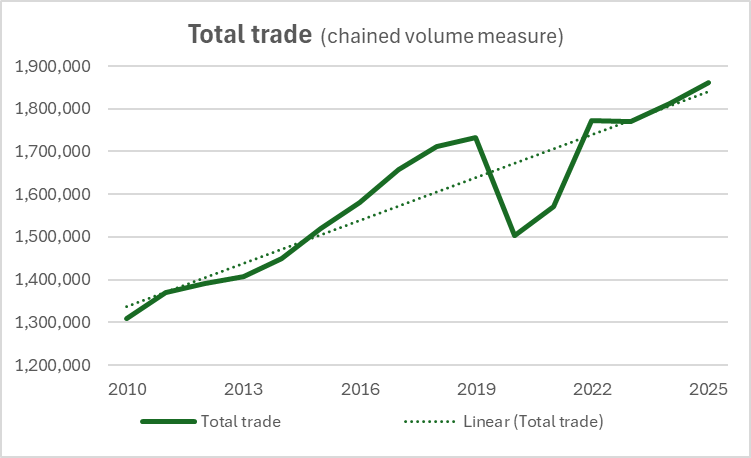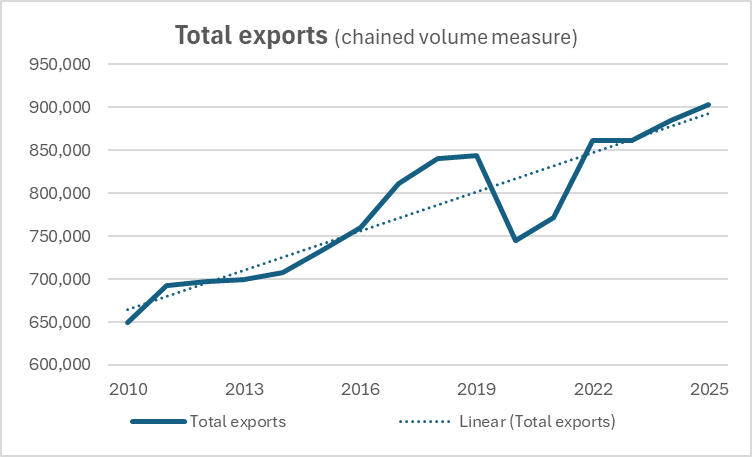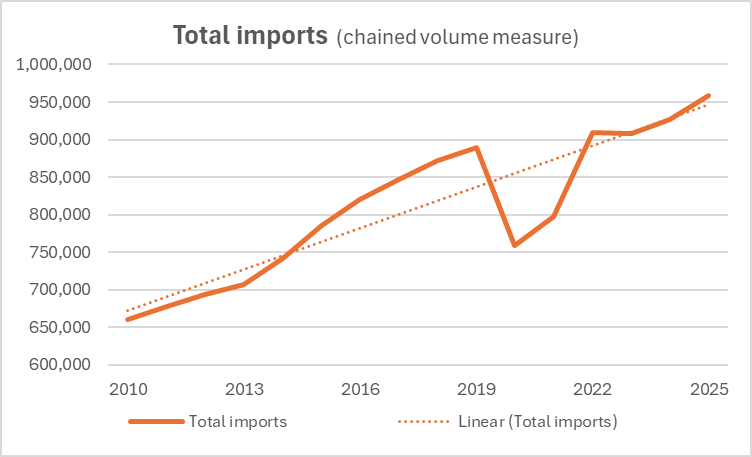Two things stand out from the data & evidence:
1. When there is a surge in infections, cases eventually come down whether or not there is a lockdown/significant restrictions.
2. Lockdowns/many restrictions have little (not necessarily no) impact on hospitalisations & deaths.
1. When there is a surge in infections, cases eventually come down whether or not there is a lockdown/significant restrictions.
2. Lockdowns/many restrictions have little (not necessarily no) impact on hospitalisations & deaths.
Some find this hard to accept, as it seems so obvious:
Transmission comes from contact, restrictions reduce contact, so surely restrictions must reduce transmission & hence admissions & deaths?
But there are lots of reasons why restrictions may have less benefit than expected:
Transmission comes from contact, restrictions reduce contact, so surely restrictions must reduce transmission & hence admissions & deaths?
But there are lots of reasons why restrictions may have less benefit than expected:
1. People change their behaviour voluntarily in response to changes in infections.
You choose to take less risk when infections surge, more risk when infections low, but just as importantly ...
You choose to take less risk when infections surge, more risk when infections low, but just as importantly ...
... voluntary change has a bigger effect on riskier interactions
e.g. a student living with their vulnerable granny chooses to avoid gatherings & pub meet-ups when infections are high. People at lower risk continue to meet up.
That means ...
e.g. a student living with their vulnerable granny chooses to avoid gatherings & pub meet-ups when infections are high. People at lower risk continue to meet up.
That means ...
... shutting pubs to everyone mainly hits lower risk people, e.g. young people in flat share &/or who have already had Covid.
Voluntary behaviour change means it should be no surprise that the marginal effect of imposing (or lifting) restrictions is fairly low.
Voluntary behaviour change means it should be no surprise that the marginal effect of imposing (or lifting) restrictions is fairly low.
2. Restrictions change the mix of social interactions in ways which increase risk:
• Children get looked after by different family members when schools shut & parents out at work.
• When pubs with Covid-19 precautions in place shut, young people mix in (higher risk) homes ...
• Children get looked after by different family members when schools shut & parents out at work.
• When pubs with Covid-19 precautions in place shut, young people mix in (higher risk) homes ...
• Hospitality curfews lead to mass crowds on street & public transport.
• Lockdown limits low risk outdoor activity, forcing people to spend more time indoors where transmission risk is highest.
• Lockdown limits low risk outdoor activity, forcing people to spend more time indoors where transmission risk is highest.
3. Lockdowns/restrictions are based on preventing lot of transmission from those who are asymptomatic, which Govt claims is 1 in 3 of those infected.
@profnfenton shows the proportion is actually much lower, so less scope for lockdowns to have an effect.
@profnfenton shows the proportion is actually much lower, so less scope for lockdowns to have an effect.
https://twitter.com/profnfenton/status/1360688456419180550?s=20
4. A sizeable proportion of serious cases & deaths come from care home and hospital outbreaks.
Local infection control measures are likely to be more important than lockdowns in affecting numbers in these settings.
Local infection control measures are likely to be more important than lockdowns in affecting numbers in these settings.
In summary, it should be no surprise that lockdowns/legal restrictions have little independent impact on deaths & hospitalisations. Some restrictions may have some impact, others none at all, whilst others may even be counterproductive.
The other reason people find the data hard to accept is the implication: our policy of rolling lockdowns imposed unimaginable economic & social costs but may have been close to useless in alleviating pressure on the NHS.
For some that possibility is just too much to contemplate.
For some that possibility is just too much to contemplate.
• • •
Missing some Tweet in this thread? You can try to
force a refresh
















